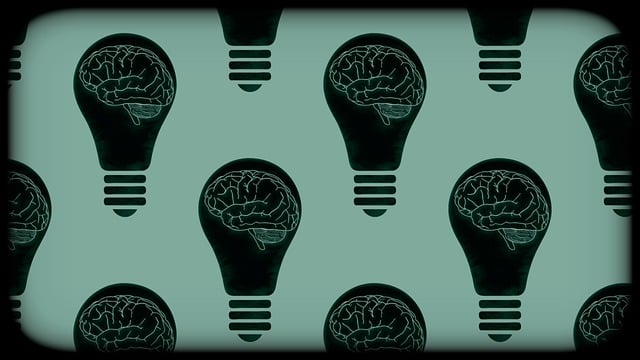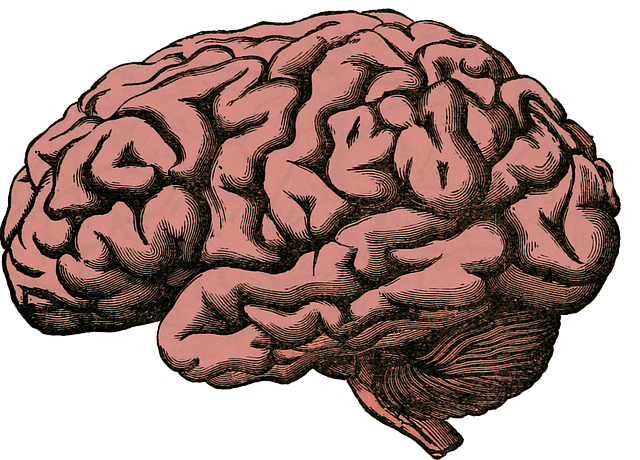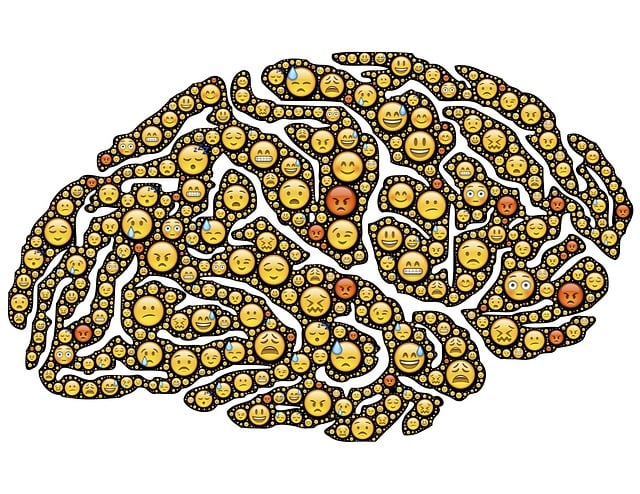Mental health crisis hotlines provide crucial support for young individuals grappling with emotional distress and potential alcohol abuse, offering immediate assistance through trained professionals who guide them through crises. These services focus on tailored therapy, coping mechanisms, and safe spaces to express feelings without judgment. Early intervention through proactive access to such hotlines reduces the stigma around mental illness, empowers self-awareness, and prevents future severe mental health issues in young minds vulnerable to alcohol abuse's toxic effects.
Mental health crisis hotline support services play a pivotal role in offering immediate assistance and long-term solutions. This article explores critical aspects of these hotlines, focusing on their effectiveness in mitigating issues like alcohol abuse among young minds. We delve into understanding crisis hotlines, their impact on vulnerable children, early intervention strategies, navigating available services, and training requirements for operators. By addressing these key areas, we highlight the importance of therapy for young children and the vital role crisis hotlines play in fostering mental health awareness.
- Understanding Mental Health Crisis Hotlines: A Lifeline for Children
- The Impact of Alcohol Abuse on Young Minds
- Early Intervention: Providing Therapy to Young Children
- Navigating Support Services: What to Expect
- Training and Resources for Crisis Hotline Operators
Understanding Mental Health Crisis Hotlines: A Lifeline for Children

Mental Health Crisis Hotlines serve as a critical resource for children facing emotional distress and potential alcohol abuse issues. These hotlines offer immediate support, providing a safe space for young individuals to express their feelings without judgment. Trained professionals on the other end can guide children through crisis situations, offering therapy and valuable coping mechanisms tailored to their age group.
Accessing these services is a proactive step in reducing the stigma surrounding mental illness among children. By encouraging self-awareness exercises and positive thinking, hotlines play a pivotal role in empowering young minds to recognize and manage their emotional well-being. This initiative ensures that children receive timely assistance, potentially preventing more severe mental health issues from developing later in life.
The Impact of Alcohol Abuse on Young Minds

Alcohol abuse among young individuals is a growing concern, with devastating effects on their mental health and overall well-being. In many cases, young minds are particularly vulnerable to the toxic impact of alcohol, as their brains are still developing. This can lead to significant challenges in cognitive function, emotional regulation, and social interactions later in life if left untreated. The consequences can range from memory issues and learning difficulties to mood disorders and an increased risk of substance abuse in adulthood.
The need for therapy for young children suffering from alcohol-related issues is evident, focusing on both the physical and psychological aspects of recovery. Effective support services should incorporate empathy-building strategies to foster a safe space for expression and understanding. By encouraging emotional healing processes, these hotlines can provide much-needed guidance and resources for young individuals struggling with alcohol abuse, helping them develop healthy coping mechanisms and improve their overall mental health.
Early Intervention: Providing Therapy to Young Children

Early intervention is a crucial aspect of mental health crisis hotline support, particularly when targeting young children. By providing therapy to kids at a young age, before issues escalate, hotlines can play a pivotal role in promoting emotional well-being. This early engagement is essential in addressing various concerns, including substance abuse, such as alcohol abuse, which may be prevalent among adolescents and young adults.
Therapy for young children involves specialized techniques like mindfulness meditation, tailored to their developmental stage. Hotline professionals are trained to conduct risk assessments, identify warning signs, and offer appropriate support. This proactive approach not only prevents more severe mental health crises but also equips children with valuable coping mechanisms, fostering a healthier and happier future.
Navigating Support Services: What to Expect

Navigating Support Services: What to Expect
When a mental health crisis arises, reaching out for help is a courageous step. Mental health hotline support services offer immediate assistance and guidance, connecting individuals with the right resources based on their unique needs. These hotlines are designed to be accessible, often free of charge, and available 24/7, ensuring that support is readily available when it’s needed most. Trained professionals answer calls, providing a safe space for individuals to express their concerns and receive tailored advice. Whether the issue pertains to therapy for young children struggling with emotional challenges or adults grappling with alcohol abuse, hotlines offer an initial assessment and direct users toward specialized services.
Beyond addressing immediate crises, these support services often foster mental wellness by promoting compassion cultivation practices and confidence-boosting strategies. They may suggest local therapy options, support groups, or community resources tailored to individual circumstances. The goal is not just to intervene during a crisis but to empower individuals with tools for long-term mental health management, ensuring they can navigate life’s challenges with resilience and hope.
Training and Resources for Crisis Hotline Operators

Crisis hotline operators play a vital role in supporting individuals during mental health crises. Effective training is essential to equip them with the skills needed to handle diverse situations, from managing panic attacks to de-escalating suicidal ideation. Comprehensive training programs should cover various aspects of crisis intervention, including risk assessment, active listening, and crisis counseling techniques.
Resources for these professionals must also address specific challenges like alcohol abuse, which can exacerbate mental health issues in both adults and young children. Training in therapy approaches tailored to different age groups is crucial. Additionally, operators should be adept at recognizing and addressing co-occurring disorders, ensuring holistic support. Effective risk management planning is integral to their role, involving protocols for handling high-risk calls, self-care strategies, and ongoing supervision to mitigate burnout and enhance mental wellness.
Mental health crisis hotline support services play a pivotal role in addressing critical issues like alcohol abuse among young minds. By offering immediate assistance, these hotlines not only provide a lifeline for children in distress but also emphasize the importance of early intervention. As discussed, training and resources for operators are crucial to ensuring effective navigation through support services. Investing in these services is essential for fostering healthy development and promoting well-being among our youngest populations, ultimately revolutionizing how we approach mental health crises.









